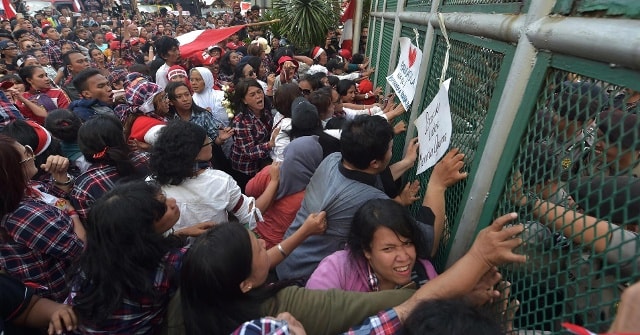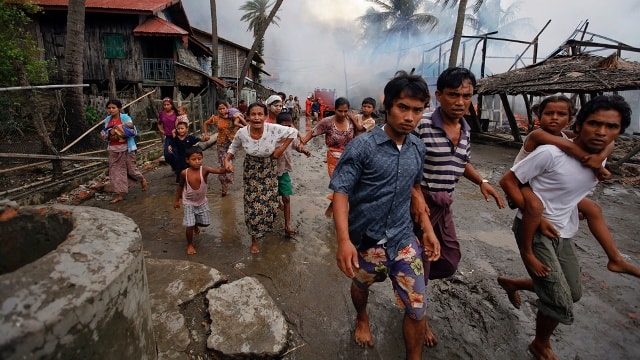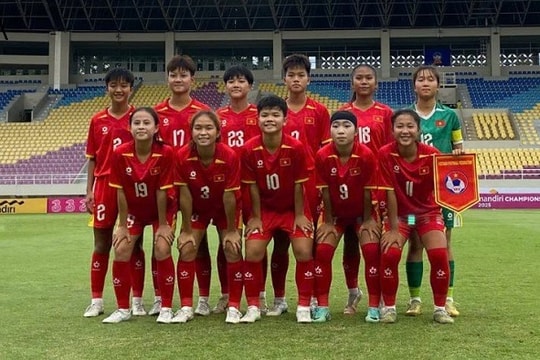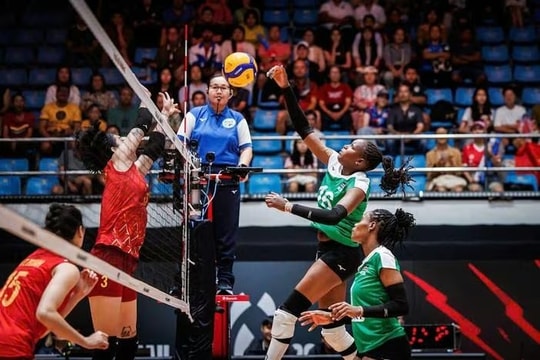'Fake news' fueled major political events in Southeast Asia in 2017
(Baonghean.vn) - Fake news has influenced three violent political events in Asia in the past year, emerging as a strategic weapon for civilians and a state tool to deepen social divisions.
From elections in Indonesia, the crisis surrounding Myanmar’s Rohingya Muslim minority, to the Philippines’ war on drugs, misinformation and fake news have been used to amplify negative rhetoric, stereotypes, and hate speech.
 |
| Protest in Jakarta in support of Governor Basuki Tjahaja Purnama, a politician sentenced to two years in prison. Photo: AP |
Dr. Mustafa Izzuddin, an expert at the Institute of Southeast Asian Studies in Singapore, said that in the region, “fake news is closely linked to domestic politics, especially the rise of nationalism.”
This expert said that nationalist politics with ethnic and religious undertones further fueled the spread of fake news in Indonesia, Myanmar and the Philippines.
While fake news is a global phenomenon, the issue is particularly relevant in Southeast Asia, a region that is relatively new to the idea of a free cyberspace.
“For the first time in most people’s lives, they now have access to uncensored information from the state,” explains Aim Sinpeng, a political scientist at the University of Sydney in Australia.
The region boasts a long history of state-controlled information through traditional media, yet the online world remains a less-regulated realm.
 |
| The serious crisis in Rakhine state, Myanmar involving the Rohingya Muslim community. Photo: AP |
“Millions of Southeast Asians, who have access to the internet for the first time in their lives, are also exposed to ‘junk’ information, much of it uncensored by the state,” Sinpeng said, adding that Facebook is now the main source of information for many Southeast Asians, with the vast majority trusting information shared by friends on the site.
Professor Sinpeng points out that Facebook can create an echo chamber effect, where people only read information from like-minded people while the platform's algorithms create "filter bubbles" to provide information to users based on previous behavior.
“Both of these things help accelerate the spread of misinformation,” Mr. Sinpeng said.
Experts agree that efforts need to be made to improve digital literacy in the region, encouraging individuals to cross-check information and authenticate news./.
Lan Ha
(According to CNBC)
| RELATED NEWS |
|---|






.png)

